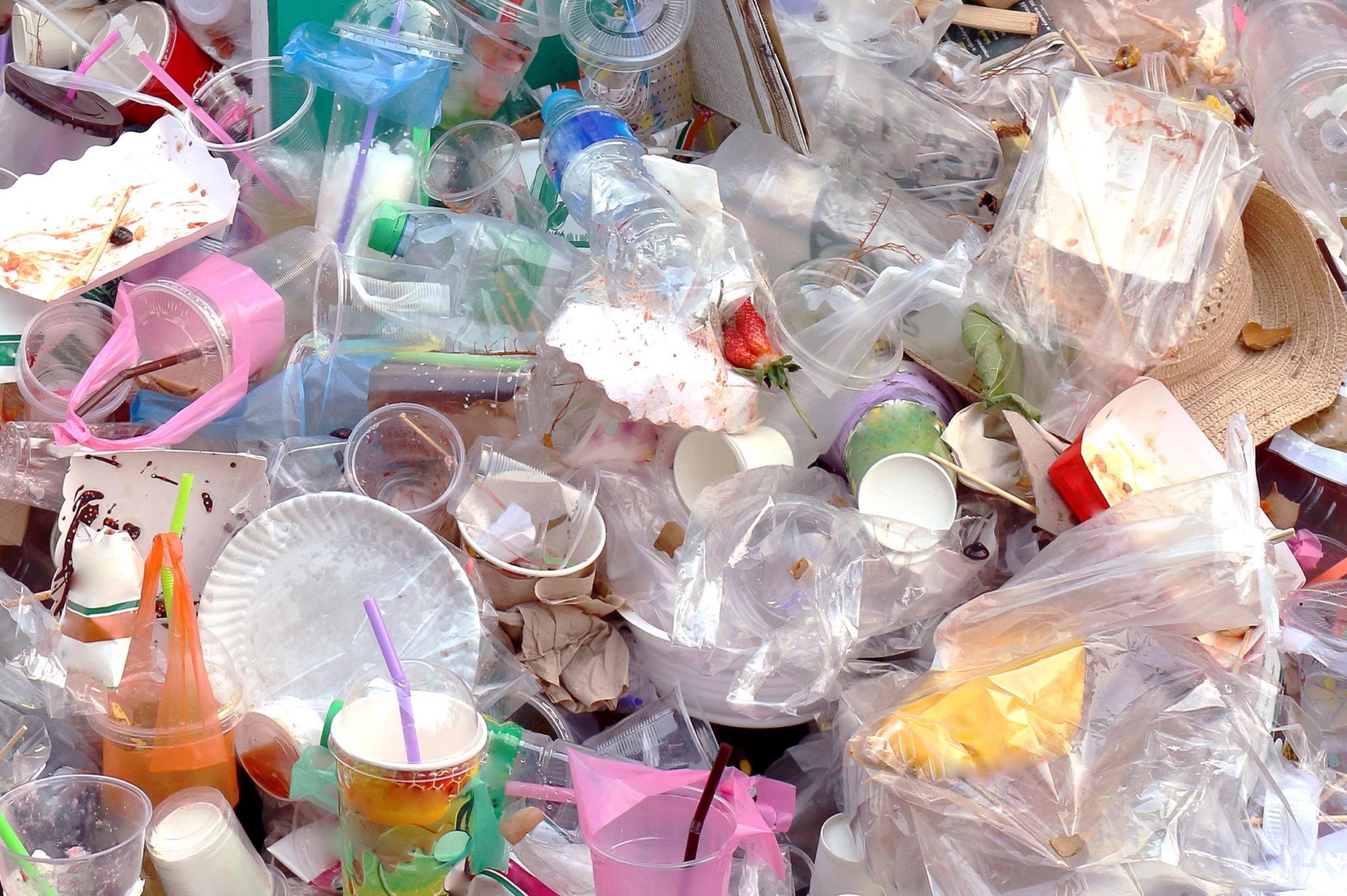Reviewed by Alex SmithApr 7 2022
Experts from around the globe are meeting this week to analyze the success of policies that have been specifically developed to handle the plastic pollution crisis that is taking place globally.

Image Credit: Shutterstock.com/ DeawSS
The event has been scheduled to happen on Thursday and Friday (April 7th and 8th, 2022) Global Plastics Policy Center, based at the University of Portsmouth, where experts will add up and review its initial study. This examines the success of a range of plastic policies from around the planet.
Representatives from the OECD, World Economic Forum, the EU and several governments, inclusive of Japan and the Maldives, as well as industry and leading NGOs, have been invited to contribute to an analysis conducted by university researchers — the first since the Global Plastic Policy Center was declared at COP26 in Glasgow in November 2021.
The scientists believe this special resource will eventually help enhance policymaking to decrease the negative impacts of plastics being developed to offer governments and industry groups the proof that is required to help more effective plastic policies.
The Global Plastics Policy Center is the latest considerable development from the Revolutions Plastics initiative, which is putting the University of Portsmouth at the lead of the plastics debate.
Attendees will be asked to observe the variety of global plastic policies during a two-day online workshop. These cover recycling regulations, deposit return schemes, extended producer responsibility, bans of selected single use plastic products, bans on plastic bags, taxes and awareness instruments.
The team have been busy assessing more than 100 global plastics policies, now the setting up of the Global Plastic Policy Centre is in its final stage. As with all academic outputs, peer review is crucial, so I’m incredibly excited to be unveiling our work to such an eminent panel. I’m looking forward to hearing what they say.
Steve Fletcher, Professor and Director, Global Plastic Policy Center
A proof-based method for plastic policy-making will be brought by the Center. A framework has been designed to evaluate separate policies that are scored against criteria and stopped by evidence. This Center is the first-ever and the team believes that a real change will be produced by it.
The Global Plastics Policy Centre will be a one-stop shop of good advice around plastic policy. Half of all plastic becomes waste within a year of being made and the vast majority isn’t recycled.
Steve Fletcher, Professor and Director, Global Plastic Policy Center
Fletcher added, “Eleven million metric tons of plastic ends up in our oceans every year, a shocking figure which is estimated to triple to near 29 million metric tons by 2040, if nothing is done. Action needs to be taken and effective plastics policy is critical.”
“Until now, there has been very limited sources of independent evidence-based advice on plastics policy. The Global Plastics Policy Centre will provide much-needed independent evaluation of global plastic policy that will be shared freely to the world,” remarks Fletcher.
As soon as the policies have been evaluated, the Global Plastics Policy Center will arrange an online platform with videos, case studies and resources. It will be utilized to emphasize online events and workshops to display excellence discovered in global plastics policy.
Concentrating on the positive change, the Center will continue to examine and share plastic policies as they are developed throughout the world. Each will be classified in specific terms, for instance, bans on single-use plastics, incentives like subsidies or tax rebates, regulations on recycling and waste management. It would be possible for users to search under classifications like policy type or region.
The online platform of the Global Plastics Policy Center will be all set for use in the Summer of 2022.